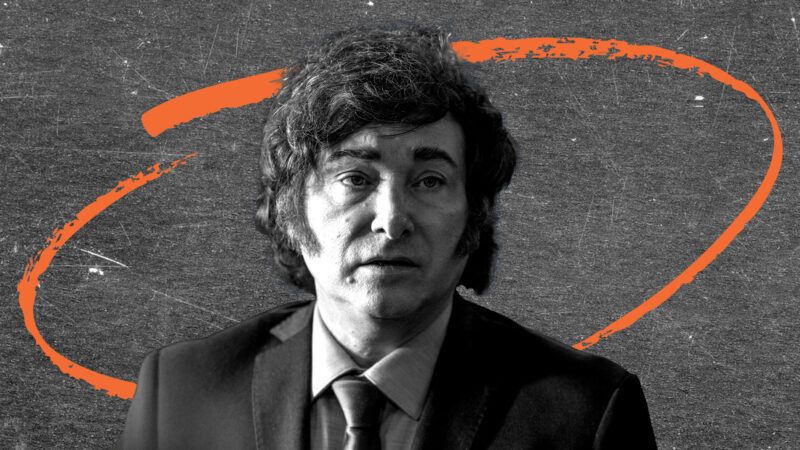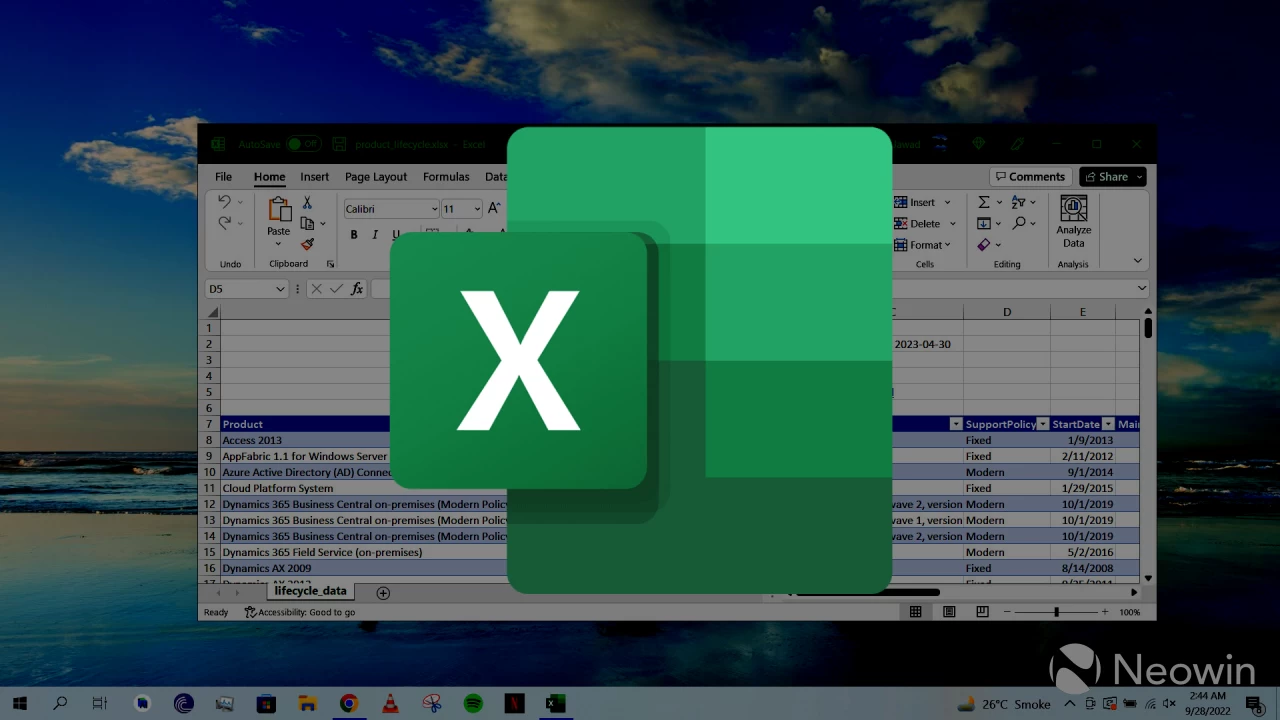URGENT UPDATE: Argentina’s political landscape is shifting dramatically as the nation prepares for critical midterm elections on October 26, 2025. President Javier Milei, a staunch libertarian, faces a pivotal moment that could determine the future of his radical economic reforms amid mounting challenges.
Last week, the Trump administration intervened with a staggering $20 billion financial rescue package for Argentina, which could escalate to $40 billion. This emergency support, including a currency swap and a rare direct purchase of pesos, has temporarily stabilized markets but exposed Milei to severe political backlash. His reliance on U.S. aid underscores a significant public relations crisis for a leader who champions free-market principles.
The stakes are escalating as Milei’s political movement grapples with a lack of legislative power. Currently, his Freedom Advances party controls only 37 of 257 seats in the Chamber of Deputies and 6 of 72 in the Senate. With upcoming elections poised to elect half of the Chamber and a third of the Senate, the outcome could either solidify his agenda or spell disaster for his presidency.
Milei’s administration has struggled to maintain ideological purity while navigating a fractured Congress filled with centrists and leftists who resist his reform agenda. He has staffed his government with members from the very political class he once vowed to dismantle, raising questions about his commitment to change.
His vision of transforming Argentina into a prosperous nation through free-market policies faces resistance as the fervor that propelled him to power has waned. Political opponents, including former President Cristina Fernández de Kirchner, have gained traction, framing Milei’s austerity measures as threats to essential services like healthcare and education. Kirchner, currently serving a house arrest sentence for corruption, remains a potent symbol of the Peronist movement that has dominated Argentine politics for decades.
In recent weeks, Milei’s coalition suffered a significant defeat in local elections in Buenos Aires, a stronghold of Peronism. The results have intensified scrutiny of his leadership, with critics declaring a rejection of his radical agenda. Polling indicates that voter support for Milei is dwindling, with many disillusioned by rising poverty and economic instability.
Despite his administration’s claim of improving macroeconomic indicators—such as inflation expected to fall from 211% in 2023 to a projected 27% by the end of 2025—Milei’s policies have led to severe social consequences. Journalist Eduardo Feinmann recently confronted him, highlighting that 26 companies are closing daily and that a staggering 80% of citizens struggle to make ends meet.
Milei insists that “the worst has passed,” urging voters to remain patient. However, the sentiment among the public suggests that his administration’s reforms have not alleviated immediate economic pain. His political adversaries leverage growing concerns over corruption and the failures of his administration to reclaim the narrative, threatening his reforms.
Compounding the pressure, Milei’s administration has been marred by scandals, including the collapse of a cryptocurrency initiative and allegations of corruption involving his closest aides. Voter discontent is rising as corruption now ranks among their top concerns, undermining his revolutionary image.
As the October elections approach, all eyes are on Milei. His ability to secure a minimum of 86 seats in the Chamber of Deputies is crucial for exerting legislative power and advancing his policies. A failure to do so could derail his presidency and diminish hope for libertarian reforms in Argentina.
The Trump administration has signaled that its support hinges on Milei’s electoral success, stating, “If he wins, we are staying with him; if he doesn’t win, we’re gone.” This looming ultimatum adds urgency to the upcoming elections, with investors closely watching the political landscape.
As Argentina approaches this critical juncture, the ramifications of the elections extend beyond politics. The outcome will determine whether Milei’s vision for a free-market revolution can survive or if it will be buried under the weight of political realities. The world watches as the future of Argentina hangs in the balance.







